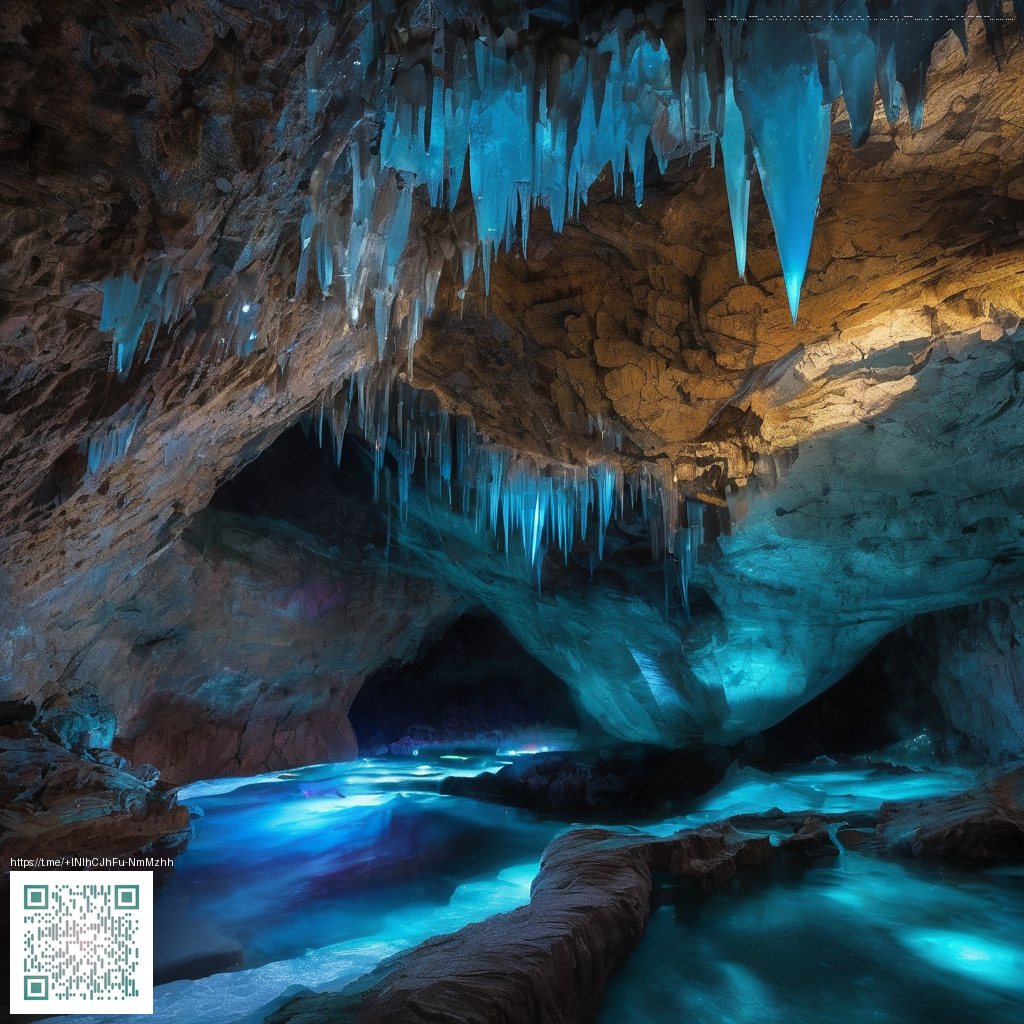
A Town Eaten Alive by Nanobots
The night the town learned to swallow itself began with a whisper at the edge of the river, a whisper that sounded like rain tapping on an empty bottle. Tiny things, no larger than a grain of pepper, stirred in the gutters and under the benches, a hundred faint glints weaving a thread of light through the dark. By morning, the air tasted strange—like copper kissed by rain—and the first houses wore a new coat: a lattice of micro-machinery that breathed with the soft, merciless rhythm of hunger.
I used to believe a town had a stubborn heart, a stubborn pulse you could trace in the crack of a door or the tremor of a wooden floor. Then the nanobots arrived, not with the roar of a storm but with a patient, relentless gnawing. They did not break the town so much as coax it to rearrange itself, inch by inch, until the skyline wore a new silhouette—one that looked almost deliberate, as if the town itself had chosen to lose its old shape and become something colder, more precise, more hungry.
“If you listen to the hum under the walls, you begin to hear the town chewing its own memory,” my grandmother once warned, long before the river learned to whisper in gears.
And then the true appetite began. Doors peeled back like the petals of a stubborn flower; furniture dissolved into fine threads that spooled into the air and vanished. Streetlamps dimmed, not with darkness but with a soft, metallic glow that shed light on nothing and everything at once. People disappeared in small, ordinary ways—a mother stepping into the kitchen, a child vanishing from the swing—and the voids left behind hummed with a new kind of life: the civilization of tiny, patient eaters.
- Power grids sigh with a careful, almost human reluctance.
- Water runs metallic and thin, tasting of penny and rain.
- Paint peels in regular, spiraling circles that resemble runic scripts.
- Footsteps echo, but the footsteps are the town itself walking inward, toward its core.
- Shadows gather in corners, not to hide, but to host the minute fleets that seal the scene.
By the third dawn, I realized the town was not being consumed so much as rewritten. The library shelves bowed open and spilled micro-architectures—tiny, glassy cells that collected every whispered fear and stored it in gleaming lexicons. I crawled to the river, where the water tasted like old coins and new beginnings, and I saw our reflection not as we are, but as we would become: a map of empty lots, a grid of uninhabited lungs, a memory that had learned to breathe with iron lungs.
Tonight I write by a candle that refuses to burn evenly, because nothing in this town burns out entirely—it merely changes form. If you listen very closely, you can hear the soft, patient chewing in the dust, the town swallowing itself whole and becoming something else—something precise, unyielding, and forever hungry.